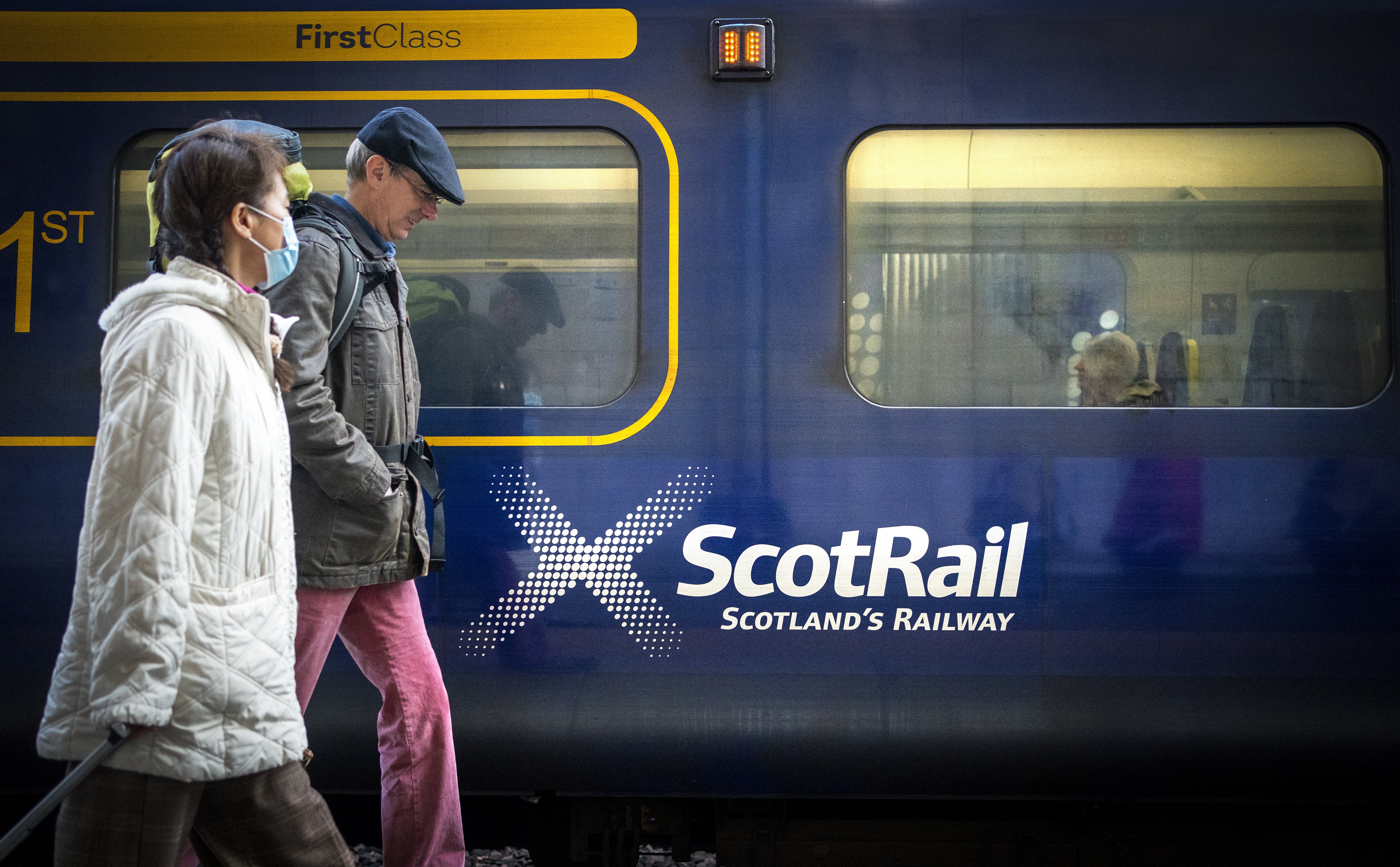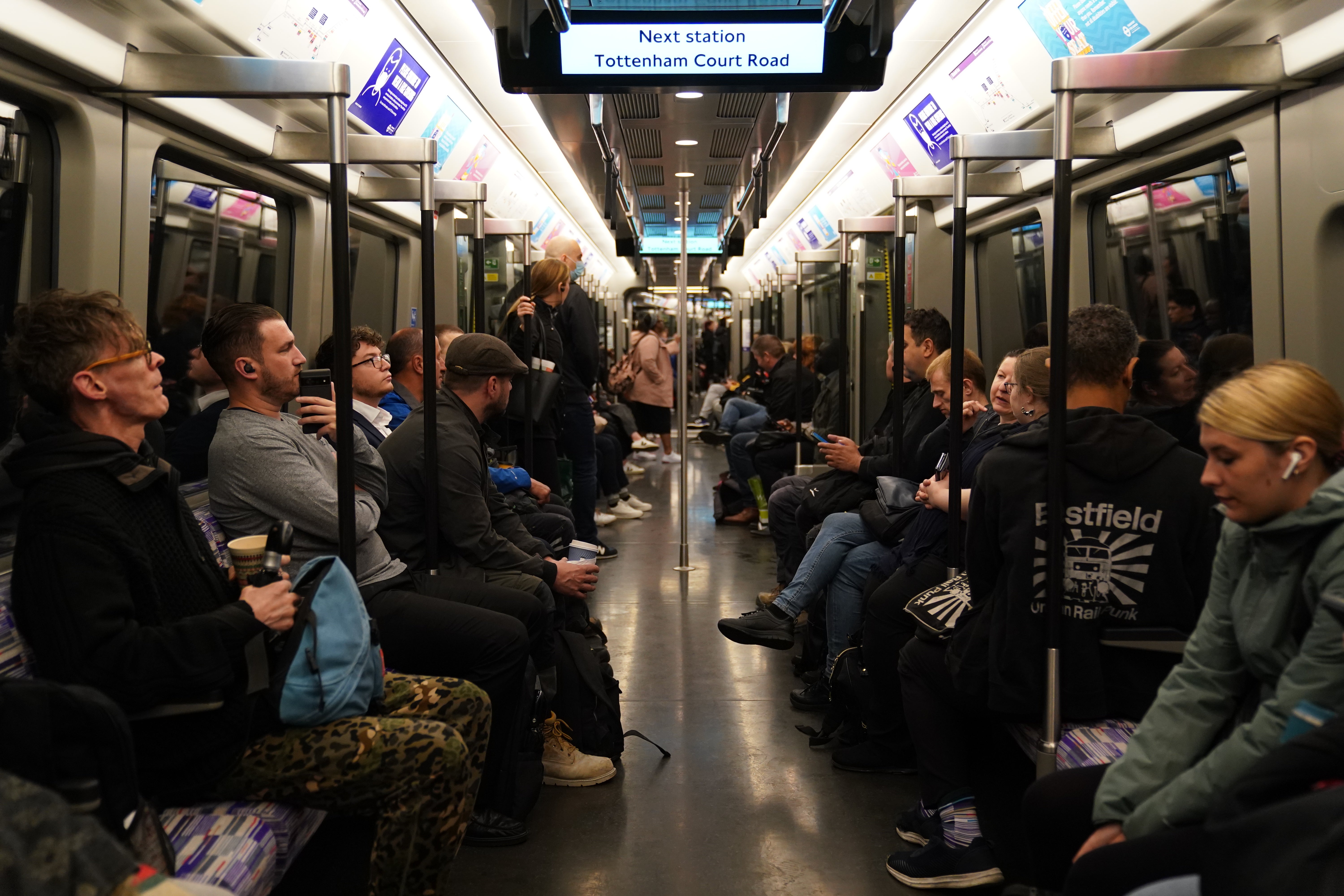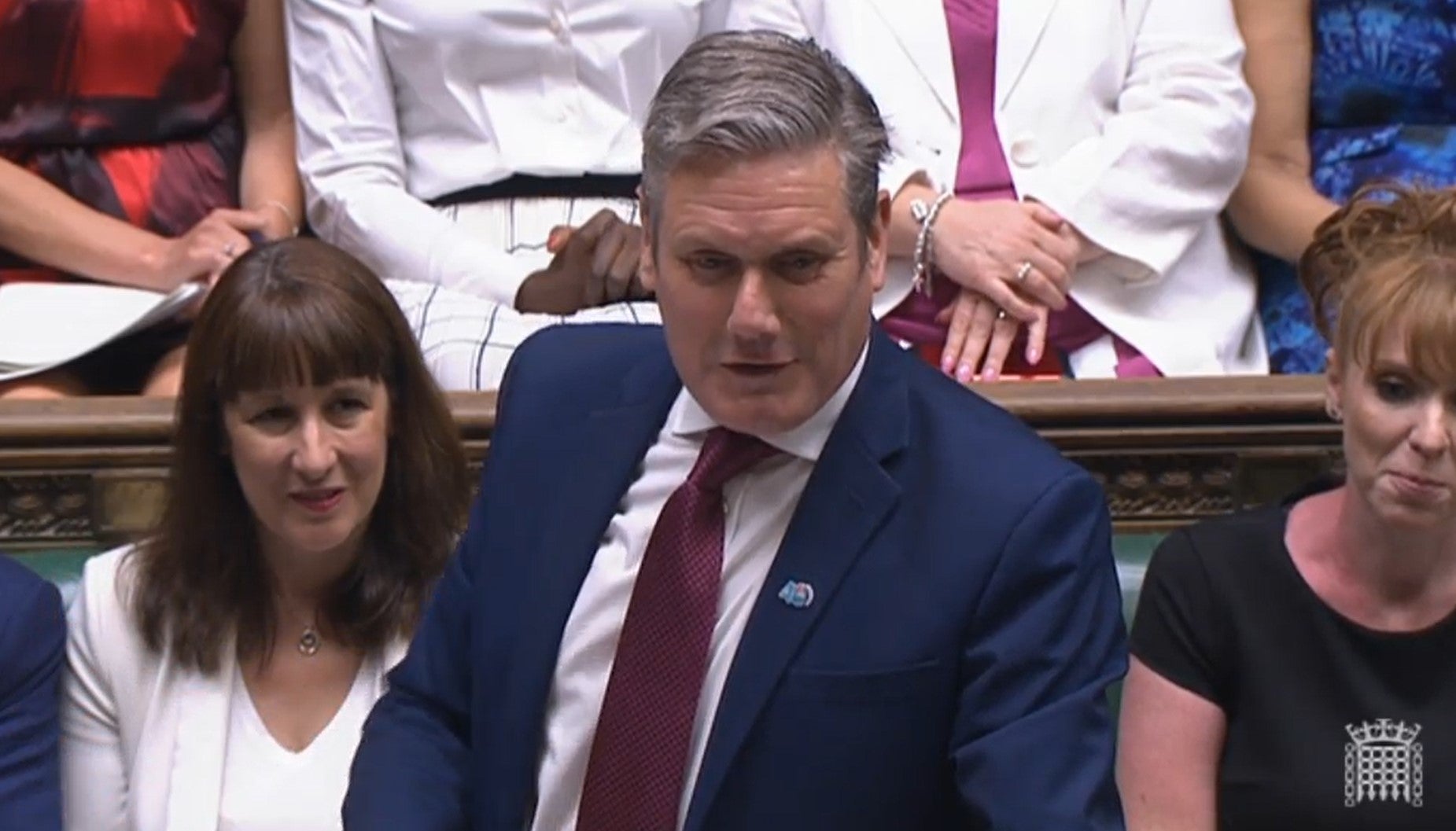Passengers told not to travel as rail and Tube strikes to cause ‘maximum disruption’
Labour accuses government of blocking resolution to stop walkout so it can ‘feed on division’
Your support helps us to tell the story
From reproductive rights to climate change to Big Tech, The Independent is on the ground when the story is developing. Whether it's investigating the financials of Elon Musk's pro-Trump PAC or producing our latest documentary, 'The A Word', which shines a light on the American women fighting for reproductive rights, we know how important it is to parse out the facts from the messaging.
At such a critical moment in US history, we need reporters on the ground. Your donation allows us to keep sending journalists to speak to both sides of the story.
The Independent is trusted by Americans across the entire political spectrum. And unlike many other quality news outlets, we choose not to lock Americans out of our reporting and analysis with paywalls. We believe quality journalism should be available to everyone, paid for by those who can afford it.
Your support makes all the difference.Rail and Tube passengers are advised not to travel next week as strikes are set to cause “maximum disruption” to the transport network.
Half of Britain’s rail lines will be shut down while members of the Rail, Maritime and Transport (RMT) union take industrial action on Tuesday 21, Thursday 23, and Saturday 25 June over pay, job cuts, and conditions.
Passengers “who must travel” are being urged by Network Rail (NR) to “plan ahead”.
No passenger services will be serving towns and cities such as Penzance in Cornwall, Bournemouth in Dorset, Swansea in south Wales, Holyhead in north Wales, Chester in Cheshire and Blackpool, Lancashire.
In Scotland, there will also be no passenger trains running north from Glasgow or Edinburgh.

Rail lines to remain open on strike days next week include the West Coast Main Line from London to Scotland via cities such as Birmingham and Manchester.
The number of passenger services on the three days of industrial action is expected to be limited to around 4,500, compared with 20,000 normally.
Lines will only be open between 7.30am and 6.30pm, meaning services will start later and finish earlier than usual.
There will also be a reduced service on London Overground and the new Elizabeth line on the three days of the RMT’s rail strikes.
Train operators have urged passengers only to travel by rail if necessary, or not at all on strike days.
Only around 12,000-14,000 services will be able to run on days following the strikes.
This is because signallers and control staff will not work overnight shifts that begin on the strike dates, so trains will leave depots up to four hours later than normal.

NR chief executive Andrew Haines said the “needless” strikes have been timed to cause “maximum disruption”.
Mr Haines said talks with the RMT had been held but had not progressed as far as he had hoped.
Steve Montgomery, who chairs industry body the Rail Delivery Group, said: “Working with Network Rail, our plan is to keep as many services running as possible, but significant disruption will be inevitable and some parts of the network will not have a service, so passengers should plan their journeys carefully and check their train times.”
RMT general secretary Mick Lynch wrote to transport secretary Grant Shapps and chancellor Rishi Sunak calling for urgent face-to-face talks, saying it was clear the Treasury was “calling the shots” and not allowing rail employers to reach a negotiated settlement with the union.
Mr Lynch also said in his letter to the ministers: “In effect, in recent weeks the union has been negotiating with the government, but the government have not been in the room.”

NR denied the union’s claim that the Treasury was preventing a deal from being struck.
Meanwhile, Transport for London (TfL) “strongly encouraged” people not to travel on London Underground on Tuesday 21 June because of a 24-hour walkout by RMT and Unite members.
TfL said it expects severe disruption or no service on all Tube lines that day, with no services before 8am the following day.
More strike action on the railway could be in the pipeline as the Transport Salaried Staffs Association (TSSA) – which represents station staff members – has announced more strike ballots on Wednesday.
During Prime Minister’s Questions, Sir Keir Starmer accused Boris Johnson of wanting the strikes to go ahead so that he could “feed on the division” caused.

The Labour leader stopped short of criticising the RMT for the industrial action – but said: “I don’t want the strikes to go ahead but [Mr Johnson] does.
“He wants the country to grind to a halt so he can feed off the division.”
Mr Johnson accused Labour of being “on the side” of the RMT, adding: “We are on the side of the travelling public.”
During a Commons debate on the strikes, Mr Shapps said the strikes were “entirely pointless” as he said that a freeze on transport workers’ pay was coming to an end.
Shadow transport secretary Louise Haigh accused the government of being a “bunch of arsonists” and said ministers were fuelling the dispute.
After the debate, a government motion condemning the strikes and calling for unions to continue discussions with employers was approved by 293 votes to 15, a majority of 278.
Thirteen Labour MPs voted against the motion, as well as former Labour leader Jeremy Corbyn – now an independent MP – and Green Party MP Caroline Lucas.





Join our commenting forum
Join thought-provoking conversations, follow other Independent readers and see their replies
Comments